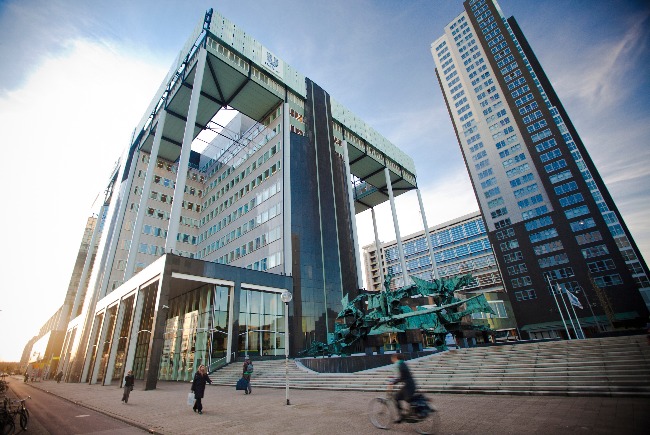Unilever has a bold plan to reach zero emissions within our own operations by 2030 and to reach net-zero across our entire value chain by 2039. To get there, we are focusing on emission reductions in the 2020s and 2030s rather than offsetting. Since the start of 2020, we’ve sourced 100% renewable grid electricity across our operations worldwide. We’re transforming the way our factories run by investing in new technologies like hydrogen, increasing energy efficiency and switching to renewable energy sources.
Currently, Unilever facilities in over 20 countries have on-site solar installations. By 2030, we will transition to 100% renewable heat, phase out high-impact HFC refrigerants from cooling systems, reduce energy demand through eco-efficiency programs and align capital expenditure with our 1.5°C pathway. Secondly, through our value chain, we will reduce emissions both up and downstream through means including encouraging suppliers to set their own science-based targets and working with logistics partners to shift to lower-emission transport options.
Beyond this, ending deforestation in global supply chains is absolutely critical – achieving the Paris Agreement goal of limiting temperature rise to 1.5°C will be impossible without it. Nature-based solutions deliver enormous social, environment and economic co-benefits and must be part of the solution.
Unilever is also advocating for more countries to strengthen their emissions reduction plans, consistent with a Paris Agreement-aligned pathway and with the enabling policy measures to support delivery. We are working alongside our corporate peers to accelerate solutions through the Climate Pledge. Unilever is all in for 2030.
Read more stories of climate action here >


